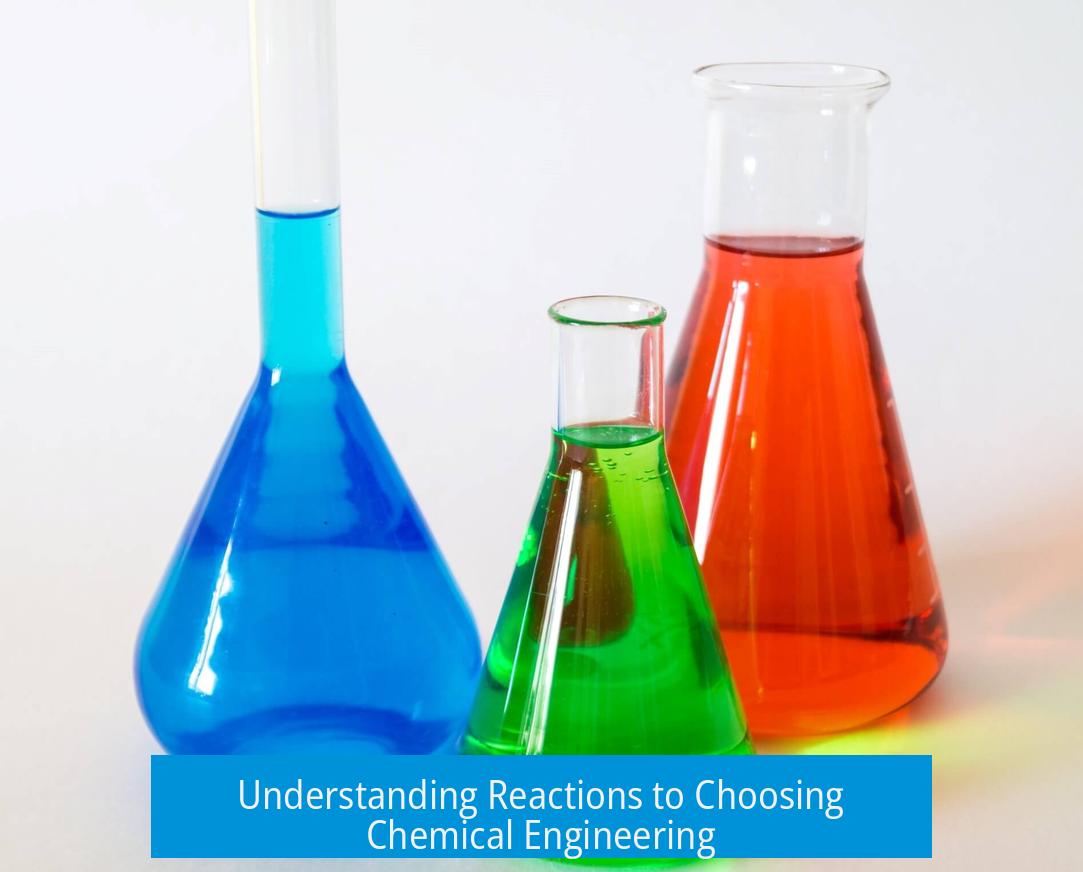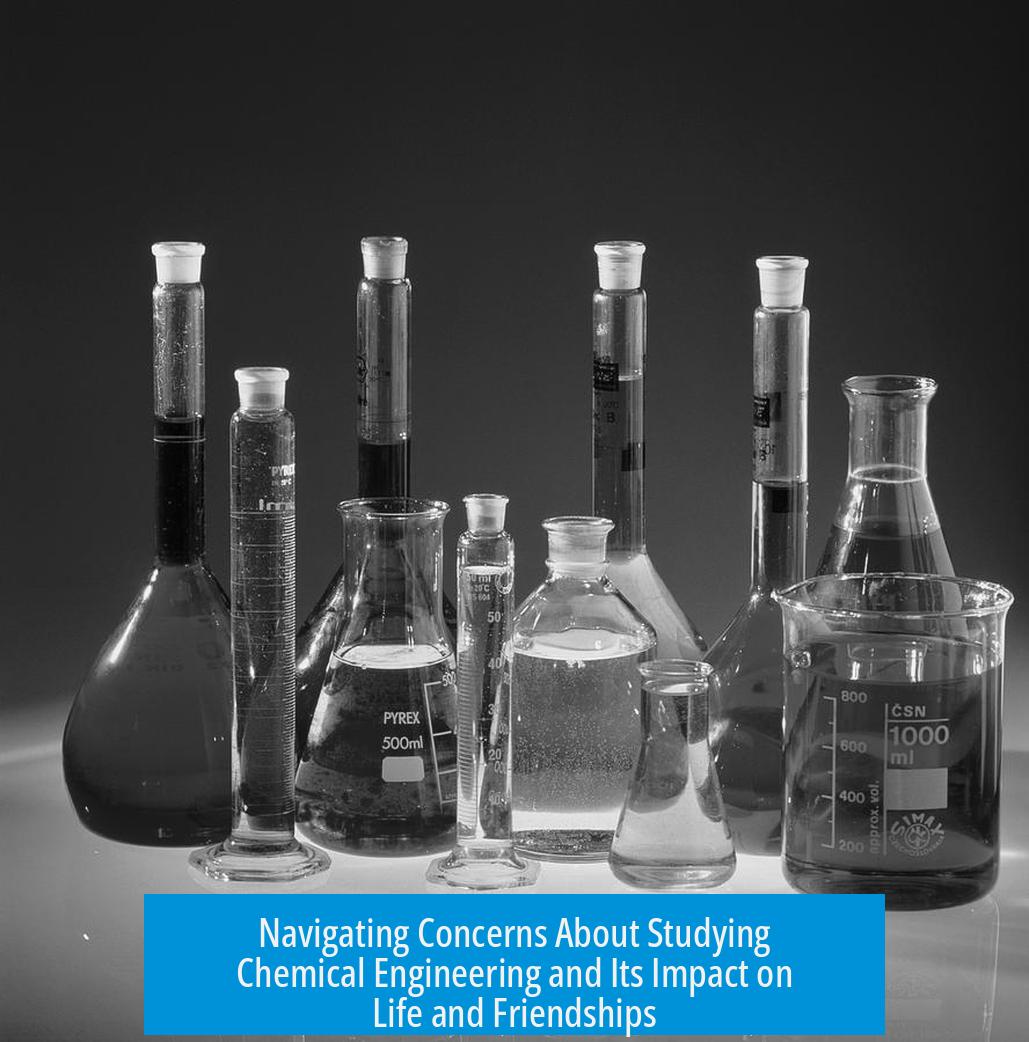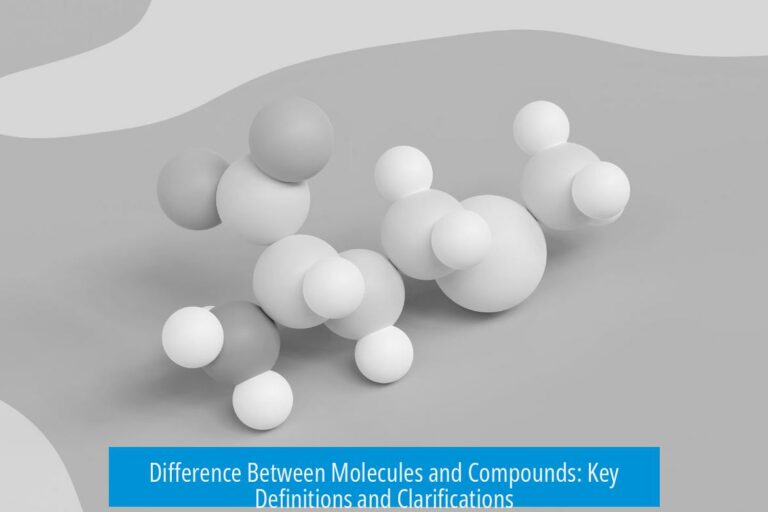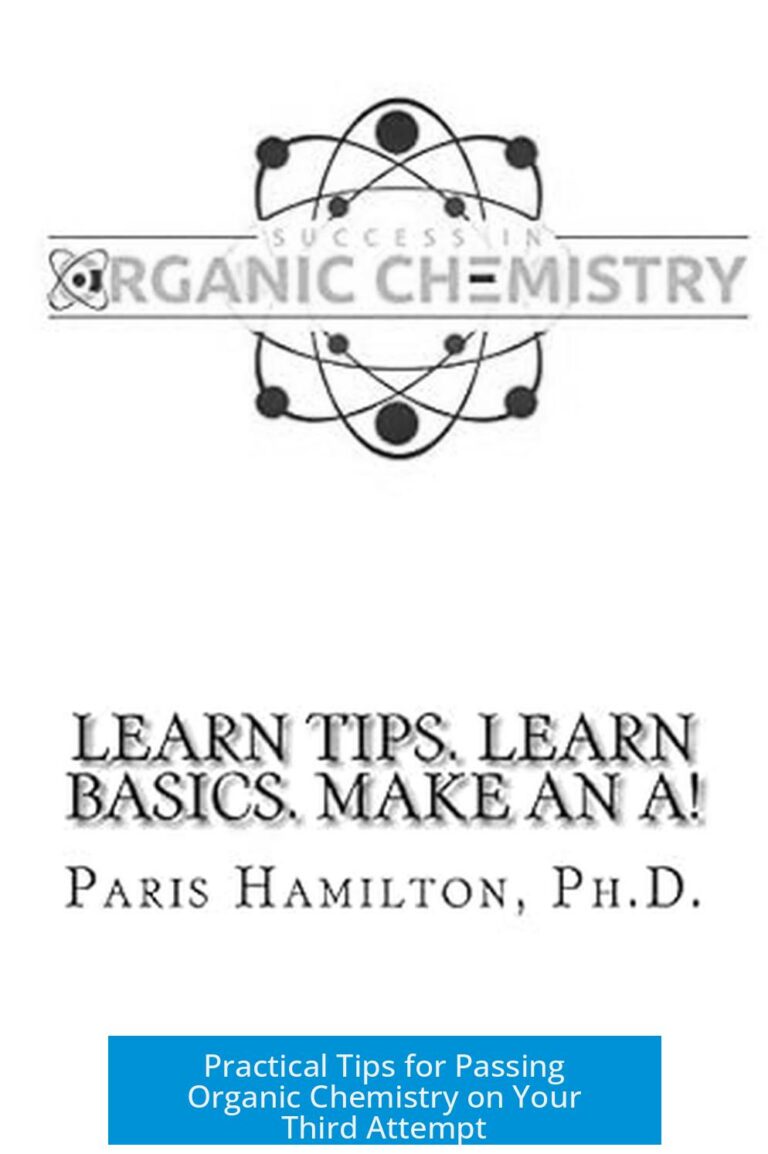Understanding Reactions to Choosing Chemical Engineering

When someone chooses to study chemical engineering, it is common for others to respond with surprise or warnings about difficulty. Many people, especially those outside science or engineering fields, associate STEM subjects with tough workloads and complex material. This often leads to skeptical or concerned expressions. Some might say things like, “It will be very difficult,” or “You won’t have time for anything else,” reflecting a general perception rather than direct experience. This reaction is typical because chemical engineering involves significant academic and time demands.
Why Do Others React Negatively?
- Non-scientists often lack understanding of what chemical engineering entails.
- Many view STEM courses as especially challenging and time-intensive.
- Some comments may be rooted in misunderstanding or jealousy rather than fact.
Despite this, it is important not to let these reactions deter your ambitions. Listening to uninformed opinions may hinder your personal and academic growth.
Is Chemical Engineering Really That Difficult?
Chemical engineering is demanding but manageable with good time management and dedication. The difficulty level is higher compared to many other majors, including fields like business or liberal arts. It requires both conceptual understanding and practical skills in chemistry, math, and physics. Coursework is rigorous, and some semesters are more intense than others.
Typical challenges include:
- Long study hours, sometimes 10+ hours daily during exams or project deadlines.
- Balancing coursework with lab work and sometimes internships.
- Managing stress during intense periods.
However, many students find the workload rewarding and feel well-prepared for professional careers afterward. Time demands vary during the course, with some easier periods as well.
Impact on Social Life and Friendships
A common concern is losing friends or social connections. Challenges include:
- Less free time for socializing compared to less demanding majors.
- Friends may not share similar interests, leading to drifting apart.
- New connections form within the program with peers sharing the same passion.
Friendships based on genuine support typically endure changes. Losing friends due to different priorities is normal and often beneficial for personal growth.
Distinguishing Chemical Engineering from Chemistry

Understanding the difference between chemical engineering and pure chemistry helps in choosing the right path:
| Aspect | Chemical Engineering | Chemistry |
|---|---|---|
| Focus | Application of chemistry principles with engineering and math to design and operate processes. | Study of chemical substances, reactions, and properties primarily in laboratory settings. |
| Skills Emphasized | Mathematics, physics, problem-solving, systems analysis. | Analytical techniques, reaction mechanisms, lab experiments. |
| Career Prospects | Broader, often better paid, including industries like manufacturing, energy, pharmaceuticals. | More specialized, sometimes fewer opportunities in industry, more in research or academia. |
If you enjoy math and engineering challenges along with chemistry, chemical engineering may suit you. Lovers of pure chemistry who prefer lab work might lean toward chemistry. Both fields require commitment but offer different experiences.
Encouragement and Advice
Choosing a career path should reflect your interests and strengths, not societal fears or others’ skepticism.
- See your passion for chemistry as a strength.
- Research course requirements and talk to current students or professors.
- Expect challenges but believe in your ability to overcome them.
- True friends will support your ambitions; others who discourage you might not have your best interests in mind.
- Make friends within your program; shared interests foster strong connections.
- Consider dual majors or switching if your interests evolve; flexibility exists.
Your university experience and career should revolve around what excites you, not others’ opinions.
Key Takeaways
- People often react negatively to chemical engineering due to misunderstanding or the subject’s known intensity.
- Chemical engineering is challenging but manageable with dedication and good time management.
- The field differs from chemistry in focus and career paths; choose based on your strengths and interests.
- Your social life may change, but true friendships can endure and new ones form with like-minded peers.
- Follow your passion; don’t let others’ fears influence your academic decisions.
- Explore resources and stay flexible—you can always adjust your path as you learn more.
Q1: Why do people make weird faces when I say I want to study chemical engineering?
Many non-scientists see STEM fields, especially chemical engineering, as very hard. They often have little experience with chemistry or engineering. Their reactions come from misunderstanding how tough or time-consuming the course is.
Q2: Will chemical engineering be too hard and leave me no time for friends?
Chemical engineering is challenging and requires good time management. You might spend many hours studying, but you will still find free time. True friends will understand your workload, and you may also gain new friends who share your interests.
Q3: How is chemical engineering different from studying chemistry?
Chemical engineering focuses on applying math and engineering principles, using chemistry as context. Chemistry is more about the science of substances. If you love chemistry itself, pure chemistry might suit you better, but chemical engineering offers different career options.
Q4: Should I let others’ negative opinions stop me from studying chemical engineering?
No. Others may not understand the subject or your passion. Many students who faced criticism were happy they pursued their choice. Follow your own interest rather than others’ fears or judgments.
Q5: What impact will chemical engineering have on my social life?
You may see some friends less due to workload. However, you’ll meet friends in your major who share your passion. Losing friends who don’t support you is normal and sometimes beneficial.





Leave a Comment